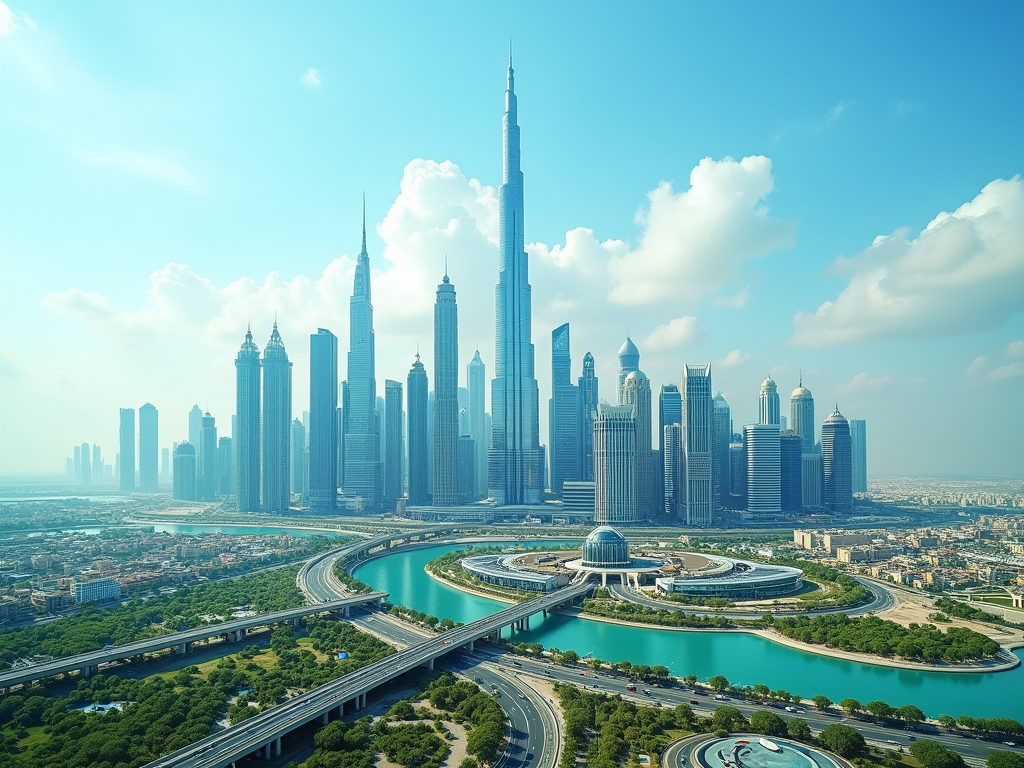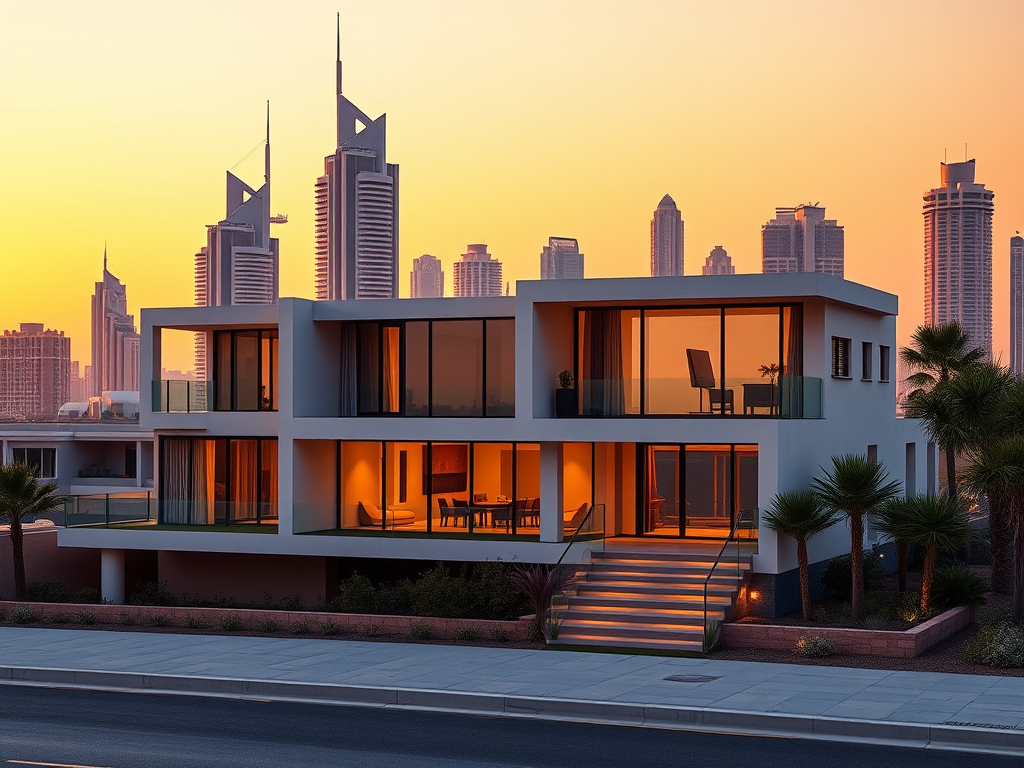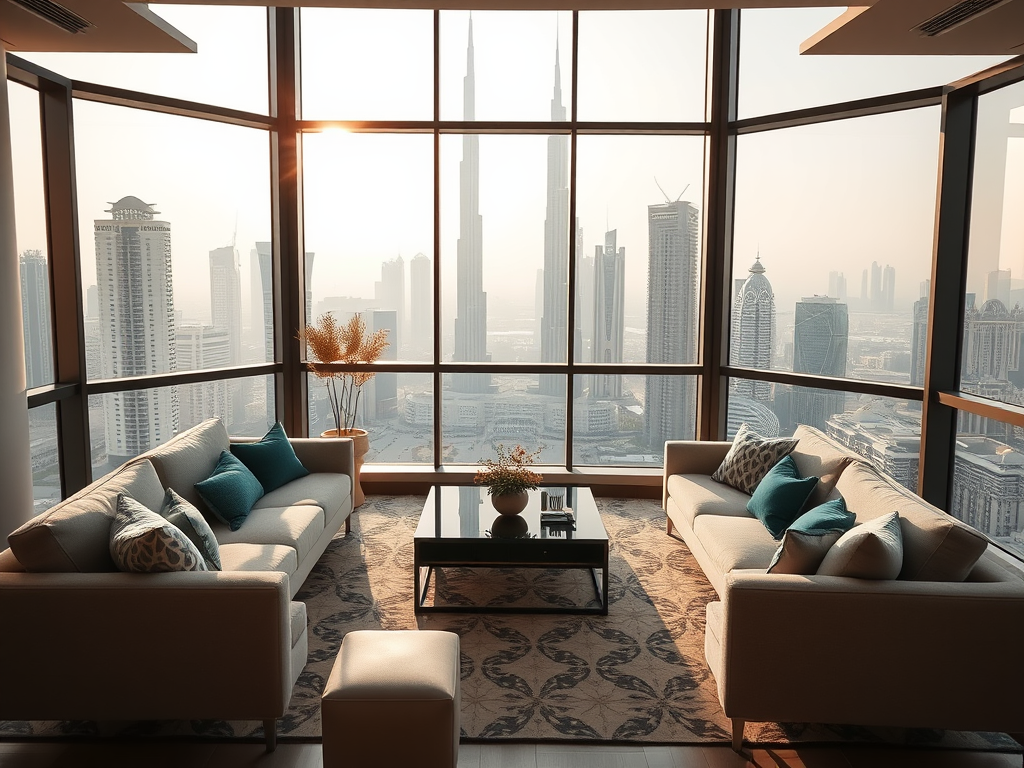Dubai’s ongoing infrastructure development plays a pivotal role in shaping its real estate prices. The city’s ambitious projects, including transportation systems, skyscrapers, and public amenities, greatly enhance its attractiveness to both investors and residents. As the Emirate continues to expand and modernize its urban landscape, real estate prices are influenced by various factors such as location, accessibility, and the overall economic environment. This article delves into how these infrastructural advancements are impacting real estate prices in Dubai, shedding light on the interplay between urban development and property values.
1. The Evolution of Dubai’s Infrastructure
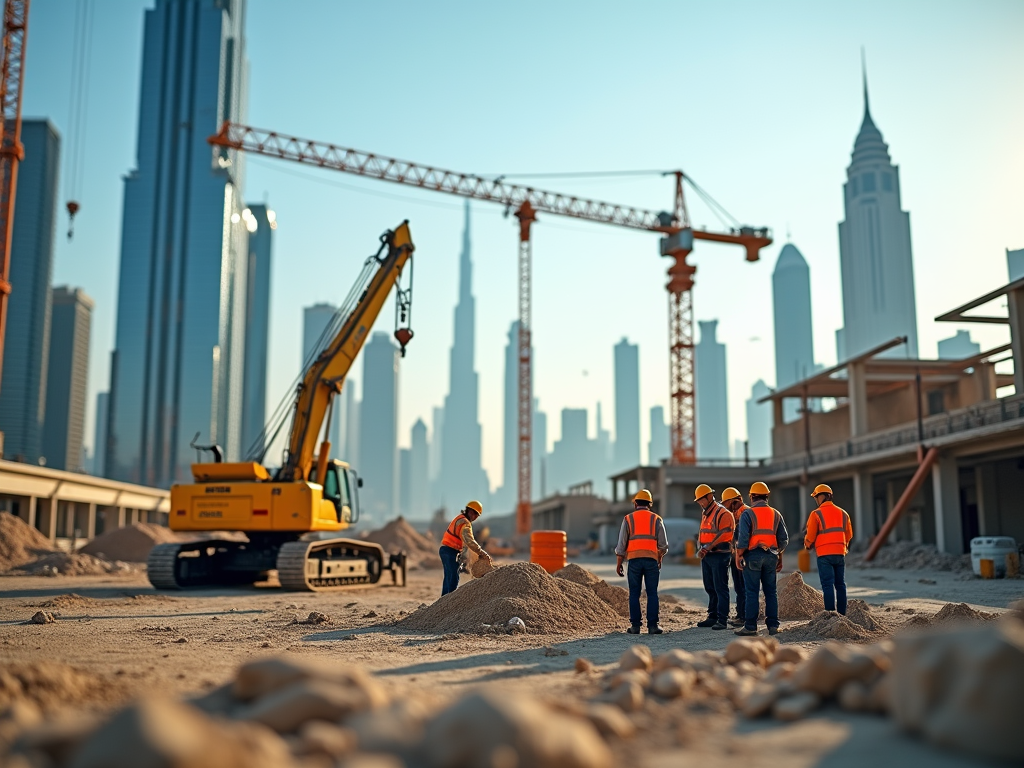
Dubai has witnessed a remarkable transformation over the past few decades, evolving from a small trading port into a global hub of commerce and tourism. This rapid evolution is largely attributed to strategic investments in infrastructure. Key projects that have driven this evolution include:
- The construction of the Burj Khalifa, which has become an iconic symbol of Dubai.
- The development of extensive road networks and public transportation routes, including the Dubai Metro.
- The establishment of projects like Dubai Marina and Downtown Dubai, which have become desirable residential districts.
- Developments in logistics and trade infrastructure, such as the Jebel Ali Port.
- Investment in aviation with the expansion of Dubai International Airport.
These infrastructural projects not only facilitate easier movement within the city but also act as magnets for real estate development, thus affecting property prices positively.
2. Infrastructure and Real Estate Connectivity
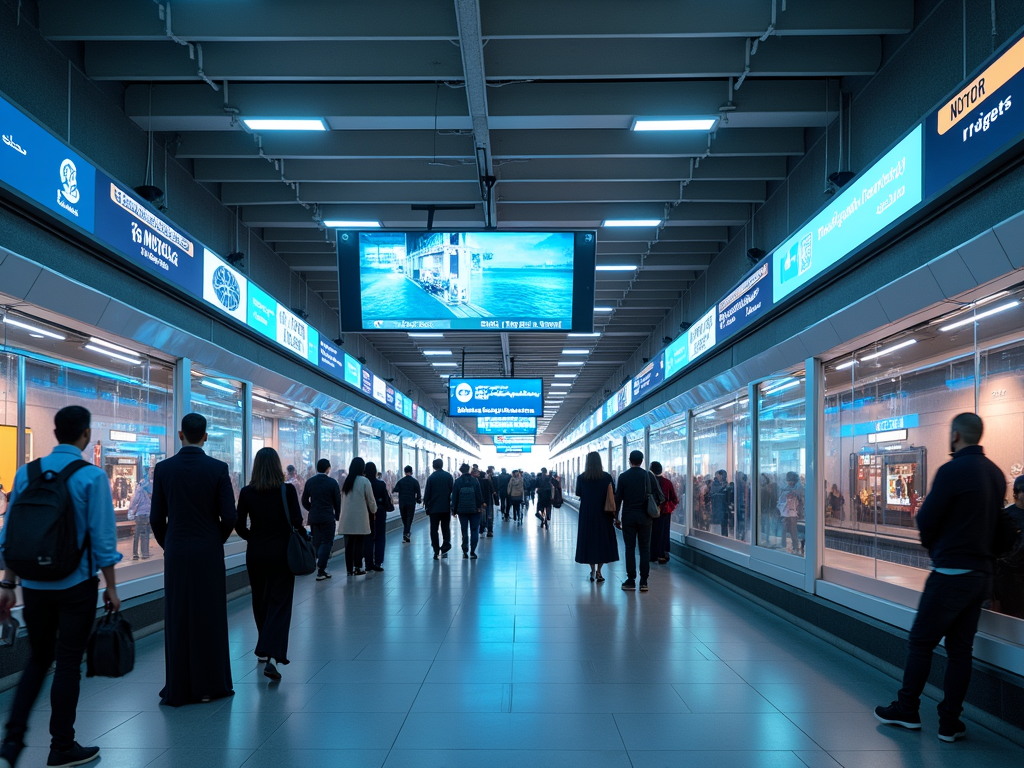
The connectivity provided by Dubai’s infrastructure initiatives significantly influences real estate demand and, subsequently, pricing. Areas well-connected to key infrastructures, such as metro stations and highways, are likely to see an uptick in property values. A closer look at this connectivity reveals:
- Accessibility: Properties located near public transport options tend to be more desirable, leading to higher prices.
- Travel Time Reduction: Infrastructure developments minimize travel times, making areas more attractive to potential buyers.
- Commercial Opportunities: Well-connected neighborhoods often attract businesses, boosting the local economy and increasing residential demand.
- Social Amenities: Proximity to schools, parks, and healthcare services enhances the appeal of residential areas.
- Future Growth Potential: Buyers recognize the potential future value of properties in developing areas as infrastructure expands.
This enhanced connectivity not only promotes higher real estate demand but also encourages sustained increases in property prices over time.
3. Impact of Smart Cities and Sustainable Development
Dubai’s emphasis on becoming a smart city is another facet of its infrastructure development that significantly affects real estate prices. Initiatives focusing on sustainability and smart technologies are drawing a new breed of investors and residents who prioritize these innovations. Key strategies include:
- The use of smart technology in urban planning to improve quality of life.
- Energy-efficient buildings that reduce long-term living costs.
- Intelligent transportation systems that improve traffic flow and reduce congestion.
- Green spaces and community parks that increase neighborhood desirability.
- Smart utilities that help residents manage energy and water consumption.
As Dubai asserts its commitment to innovation, properties boasting smart technologies and sustainable features are appreciating in value, consequently raising the overall market prices.
4. Economic Diversification and Real Estate Growth
The holistic approach to infrastructure development also aligns with Dubai’s broader economic diversification strategy. With an economy that is less reliant on oil and more focused on tourism, finance, and international trade, the boom in infrastructure significantly stimulates real estate growth. Factors contributing to this growth include:
- A surge in expatriate population leading to increased housing demand.
- Boosts in tourism resulting in short-term rental investments.
- International events, such as Expo 2020, attracting global attention and investment.
- Strategic partnerships that enhance urban development and stimulate economic activity.
- Growth of the technology and startup sector in Dubai, fostering commercial real estate developments.
These elements create a dynamic environment where real estate prices are continually being driven upward due to the increased demand for various property types.
Looking forward, several trends are anticipated to shape Dubai’s real estate market as infrastructure development continues. These trends include:
- Continued Urban Expansion: Development of new areas and communities will likely diversify property options and price points.
- Technological Integration: Increased use of augmented reality and virtual reality tools for property viewing will enhance buyer engagement.
- Luxury Market Growth: High-end developments will cater to the rising demand from affluent buyers and investors.
- Green Building Incentives: Enhanced focus on eco-friendly developments will drive innovation in construction and raise property values.
- Regulatory Changes: Evolving real estate laws and policies will impact investment flows and buyer confidence.
These trends indicate that Dubai’s real estate market will remain vibrant and competitive, making it an attractive destination for buyers and investors alike.
Conclusion
In summary, Dubai’s strategic infrastructure development significantly influences its real estate prices. From improved connectivity to smart city initiatives and economic diversification, these factors create a supportive environment for sustained property value growth. As development continues, the real estate market’s dynamics will evolve, highlighting the city’s status as a premier global destination for living and investment.
Frequently Asked Questions
1. How does infrastructure development affect property values in Dubai?
Infrastructure development generally leads to higher property values due to improved accessibility, increased demand, and enhanced nearby amenities.
2. What role do smart technologies play in Dubai’s real estate market?
Smart technologies contribute to sustainability and quality of living, attracting buyers and driving up property prices.
3. Are all areas in Dubai affected equally by infrastructure development?
No, areas with more extensive infrastructure enhancements tend to experience greater increases in real estate prices compared to less developed neighborhoods.
4. How does economic diversification impact real estate trends in Dubai?
Economic diversification enlarges the market’s appeal, drawing investment and new residents, which in turn drives real estate demand and prices upward.
5. What future trends can we expect in Dubai’s real estate market?
Expect trends such as continued urban expansion, technological integration in property viewing, growth in luxury markets, and a focus on green building initiatives.
